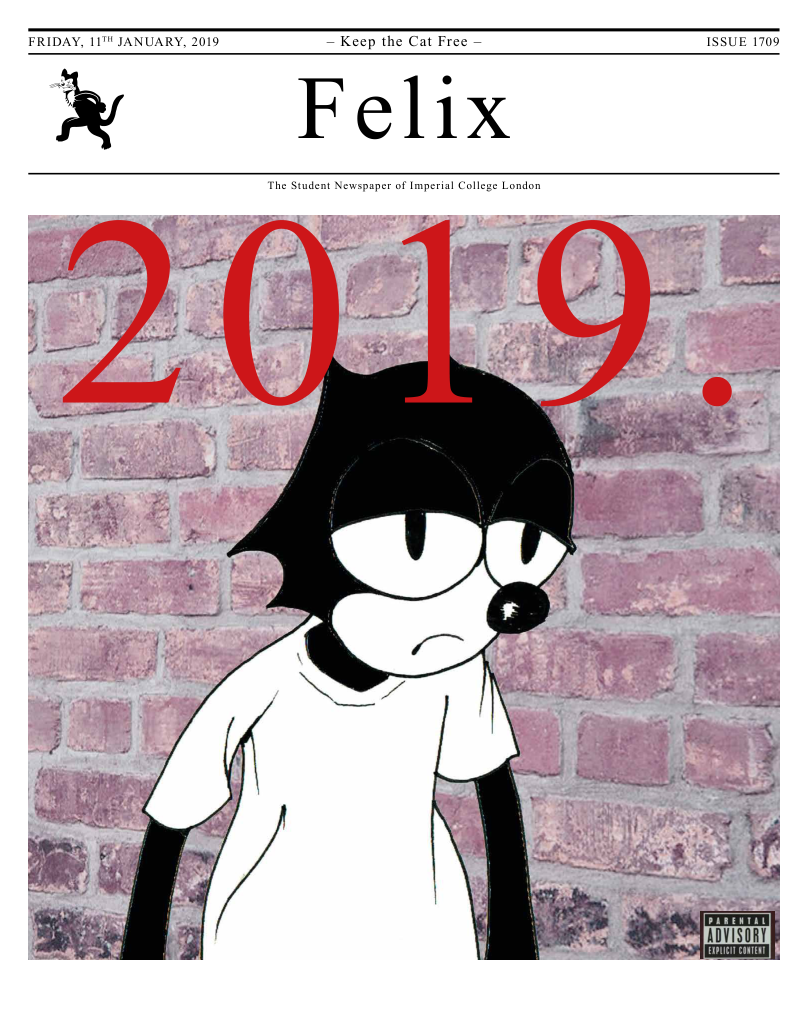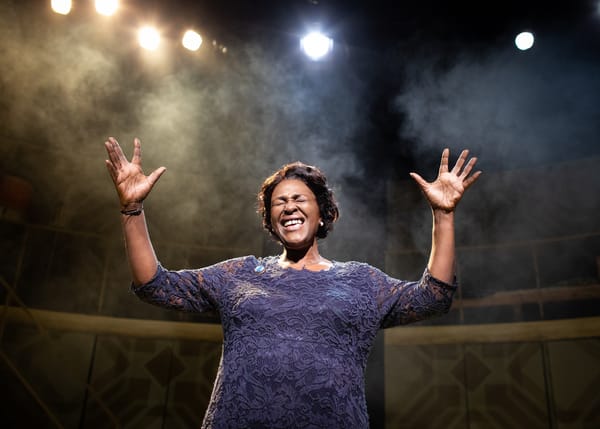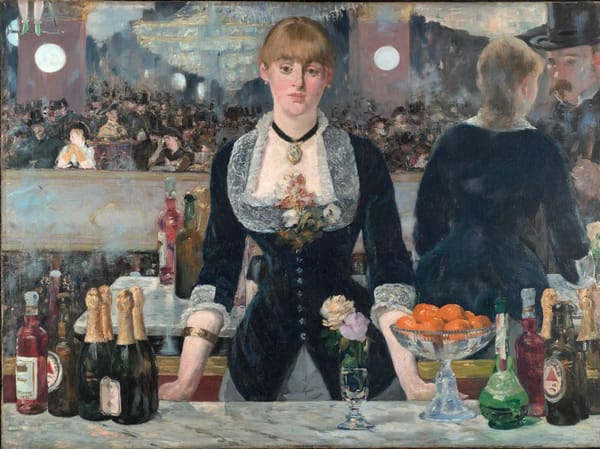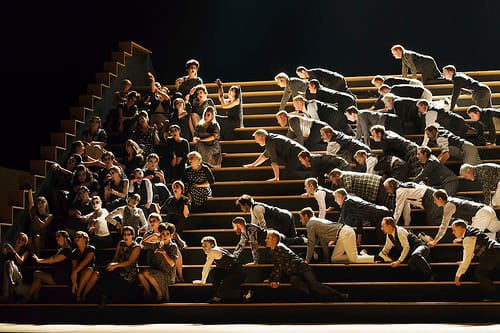The Tragedy of King Richard the Second
A brief, professional performance that plays it safe.

There has not been a more appropriate time to perform The Tragedy of King Richard the Second. When else in modern British political history have questions of leadership, the right to rule and the role of governance been drawn more into question than now?
When the excellent Simon Russell Beale, transfigured into Richard in the tight atmosphere of the Almeida, pronounces those famed syllables “Not all the water in the rough rude sea Can wash the balm off from an anointed king”, how can one not think of the tunnel-visioned Brexiteers and their refusal to contemplate a people’s vote? How can one not think of the arrogant incompetence of the Tory party at this time of national turmoil (after all what is ‘the natural party of government’ other than a reformulation of the divine right of kings)? Yet, what we are presented under the direction of Joe Hill-Gibbins is a defensive formation that does not give itself the room to explore such themes. Think Shakespeare in the form of a polite appearance at a Christmas party: we go briefly, act charmingly, and leave as soon as is socially acceptable.
Hill-Gibbins’ production is to modern Shakespeare performance what minimal is to techno, stripped back. The washed, concrete stage and strip lighting is only a smoke machine away from being a tucked away room at Berlin’s Tresor night club. It is a small eight person ensemble that don the stage for the brief 140 minute straight through run time.
Dancing around, they briefly visit each of the play’s characters before the stopwatch begins to beep. This brevity means it is only really Bolingbroke and Richard who are explored in depth. That being said, Martins Imhangbe as Aumerle and Robin Weaver as Northumberland must also be applauded.
The advantage to this simplicity is that each word and tone of voice is given the complete stage: when the spotlight is on Beale as Richard, it is really on Beale as Richard. This leads to certain devastating moments where the words of the Bard ring true and have you aching to ask that they pause, rewind and repeat the line over and over. Beyond the line delivery, even the minimal stage props make their impact, watching Beale drowned and humiliated in earth and water under a neon gaze is hard to top in terms of dramatic experience.
Of course, the counter to the above is that the room feels very empty when the space for exploration is not taken up. The case in point being Leo Bill as Bolingbroke who sometimes feels as far away as his fictional counterpart in exile. And it is here that one leaves the theatre wishing more had been said on the themes that are begging to be spoken about. Without this, the cast are given a heavy burden which, admittedly, they do make an impressive attempt of bearing.
The Tragedy of King Richard the Second will be in cinemas from the 15th of January as part of National Theatre Live.
-3 stars









